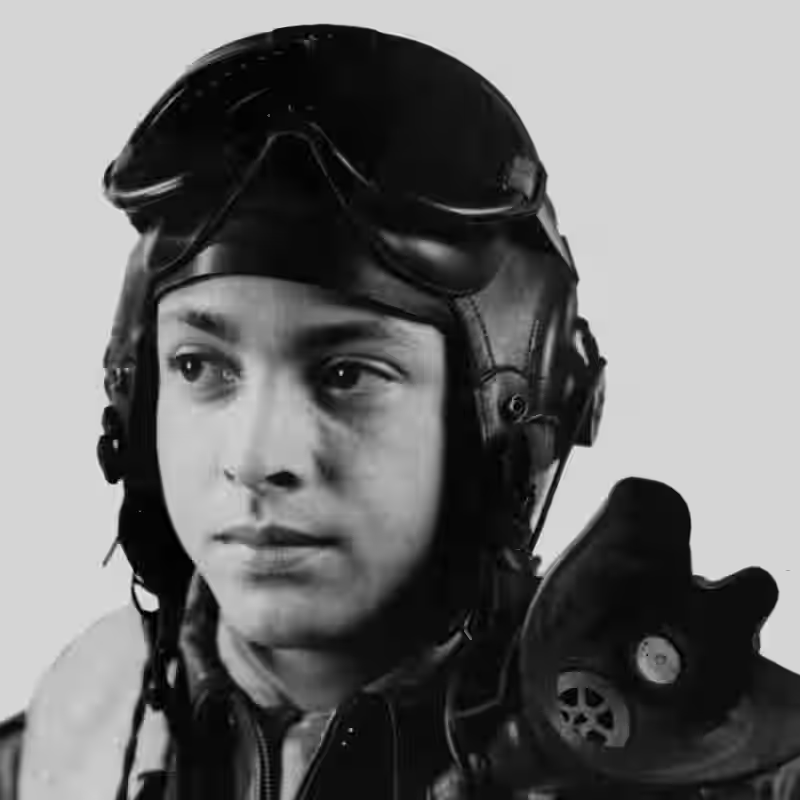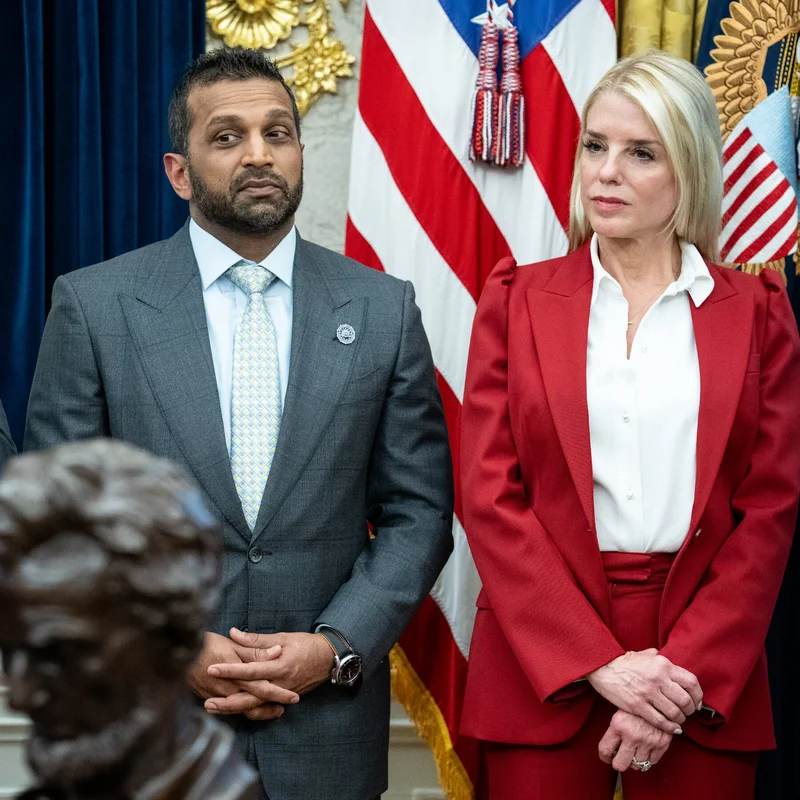A Century of Courage: The Life and Legacy of George Hardy
George Hardy, one of the last surviving Tuskegee Airmen and a decorated veteran of World War II, Korea, and Vietnam, has died at age 100. Known for his sharp wit and unwavering resolve, Hardy once quipped: “I used to say the Army’s No. 1 job was segregation. Winning the war was No. 2.”

From Teen Pilot to Triple-War Hero
At just 19 years old, Hardy became one of the youngest pilots in the legendary all-Black 332nd Fighter Group—the famed Tuskegee Airmen—who flew combat missions over Europe during WWII. Despite facing systemic racism at home and skepticism from military brass, the unit earned a stellar reputation for never losing a bomber under their escort.
War Service Timeline
- World War II (1944–1945): Flew 21 combat missions over Europe as a P-51 pilot.
- Korean War (1950–1953): Served as an aerial gunnery officer.
- Vietnam War (1967–1968): Directed forward air control operations from the ground.
Breaking Barriers Beyond the Cockpit
After his military service, Hardy earned a master’s degree in electrical engineering and worked for NASA during the Apollo era, helping develop telemetry systems for space missions. He later taught at community colleges and became a passionate advocate for veterans and civil rights.
| Milestone | Year | Significance |
|---|---|---|
| Joins Tuskegee Flight Program | 1943 | One of ~1,000 Black pilots trained under segregated U.S. Army Air Corps |
| First Combat Mission | 1944 | Escorted B-17 bombers over Germany |
| Receives Congressional Gold Medal | 2007 | Awarded collectively to all Tuskegee Airmen by U.S. Congress |
| Passes Away | 2025 | Among the last surviving combat pilots of the unit |
Infographic: Tuskegee Airmen By the Numbers
• 994 Black pilots trained at Tuskegee Army Air Field (1941–1946)
• 355 deployed overseas during WWII
• 66 killed in action or training
• 0 bombers lost under escort (in 200+ missions)
• <30 known surviving Tuskegee Airmen as of 2025
A Voice for Truth and Justice
Hardy never shied from speaking about the contradictions of fighting for freedom abroad while denied basic rights at home. In interviews, he recalled being barred from officer clubs and forced to sit in segregated train cars—even in uniform.
“We weren’t trying to be heroes,” he said in a 2020 documentary. “We just wanted to do our job—and prove we could.”
His legacy lives on through the Tuskegee Airmen National Historic Site and countless educational programs he supported.
[INTERNAL_LINK:Tuskegee_Airmen_History]
[INTERNAL_LINK:African_Americans_in_Military_Service]




